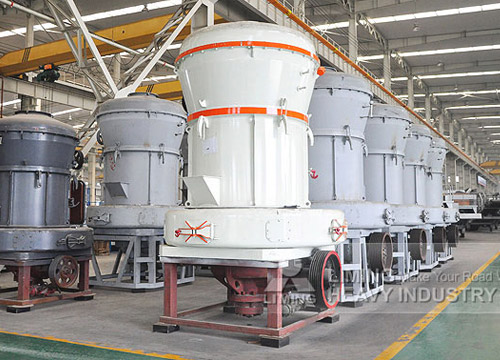Raymond Mill is the first generation grinding mill of Liming Heavy Industry. This machine takes advantages of small covered area, low investment costs and low consumption, which can be widely used in desulfurization, metallurgy, non-metallic ore milling, etc. industries.

Applications: Cement, coal, power plant desulfurization, metallurgy, chemical industry, non-metallic mineral, construction material, ceramics.
Features of Raymond Mill:
1. The whole plant is a vertical structure of strong systematic characteristic, so it occupies small area. From crushing of raw material to grinding and packing is an independent production system.
2. Compared with other milling plants, its passing ratio achieves 99%, this is what other mill can not reach.
3. Driving system of main frame adopts airtight gearing and pulley, drives smoothly and operates reliably.
4. Main parts of the whole plant are made from cast and steel of high quality. The technics is so subtly that insures the durability of whole plant.
5. The electric control system is centralized controlled, so the automaticity is high, no people are needed in the operating room.
Working Principle of Raymond Mill:
Firstly, raw material is crushed by jaw crusher to the size required, then the crushed materials are elevated into a hopper from which the material is transported through the electro-magnetic vibrating feeder, evenly and continuously into the grinding chamber for powder-processing. The rollers oscillate outward to press the ring because of the centrifugal force and the shovel scoops up the materials, send to the middle between ring and roller to accomplish the grind.
After this, the ground stuff are carried by the air from the blower into the separator for screening. The fine powers are blow into the cyclone collector and are poured out through the output-powder valve as the final products and the rough stuff after the screening will be recycled back into the grinding chamber for regrinding. The set’s airflow system is closely sealed up and circulated under condition of negative and positive pressure.
Specifications – Technical Data
